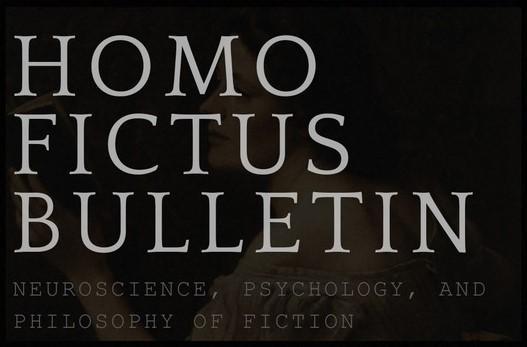Imagine reading a compelling short story—now imagine being told it was written by AI. Would it feel the same? This question lies at the heart of two recent experiments investigating AI authorship and its impact on narrative transportation (Messingschlager & Appel, 2024), the psychological immersion readers experience while engaging with a story.
Study overview
As AI-generated content becomes increasingly prevalent, understanding how readers emotionally respond to AI-written stories has become more crucial than ever. In the first experiment of this investigation, Messingschlager and Appel (2024) examined how the belief that a story was authored by either an AI or a human influenced readers’ experiences. In Experiment 1, participants were randomly assigned to read a brief author biography indicating either a human or AI author, followed by a contemporary fiction story—all of which were actually written by humans. After reading, participants rated: 1) Narrative transportation; 2) Eeriness (a sense of discomfort or uncanniness); 3) Willingness to share the story with others; 4) Openness to experience and affinity for technology. Experiment 2 extended this design by incorporating both contemporary fiction and science fiction stories to examine whether genre influences the impact of perceived AI authorship.
In Experiment 1, the results revealed that narrative transportation significantly declined when readers believed the story was authored by AI. Interestingly, and contrary to expectations, AI authorship made the story feel less eerie, rather than more. Additionally, participants’ willingness to share the story was unaffected by the perceived authorship. Individual differences (i.e., openness to experience and technological affinity) did not moderate the effects of AI authorship on transportation, eeriness, or sharing intentions. While greater openness was associated with higher transportation and willingness to share overall, it did not buffer against the reduced engagement caused by AI attribution.
In Experiment 2, the main finding was replicated: for contemporary fiction, perceived AI authorship again reduced narrative transportation. However, when it came to science fiction, no significant difference emerged between the AI and human author conditions. This suggests that genre plays a crucial role. Readers may view AI as a more legitimate or credible author within the science fiction genre—possibly because of the genre’s inherent association with technology and futurism. In this context, AI authorship may feel more fitting or even advantageous.
Disclaimer
This blog post is based on scientific research and is intended solely for public awareness.
For detailed information, please refer to the original article.
Messingschlager, T. V., & Appel, M. (2024). Creative artificial intelligence and narrative transportation. Psychology of Aesthetics, Creativity, and the Arts, 18(5), 848-857. https://doi.org/10.1037/aca0000495




